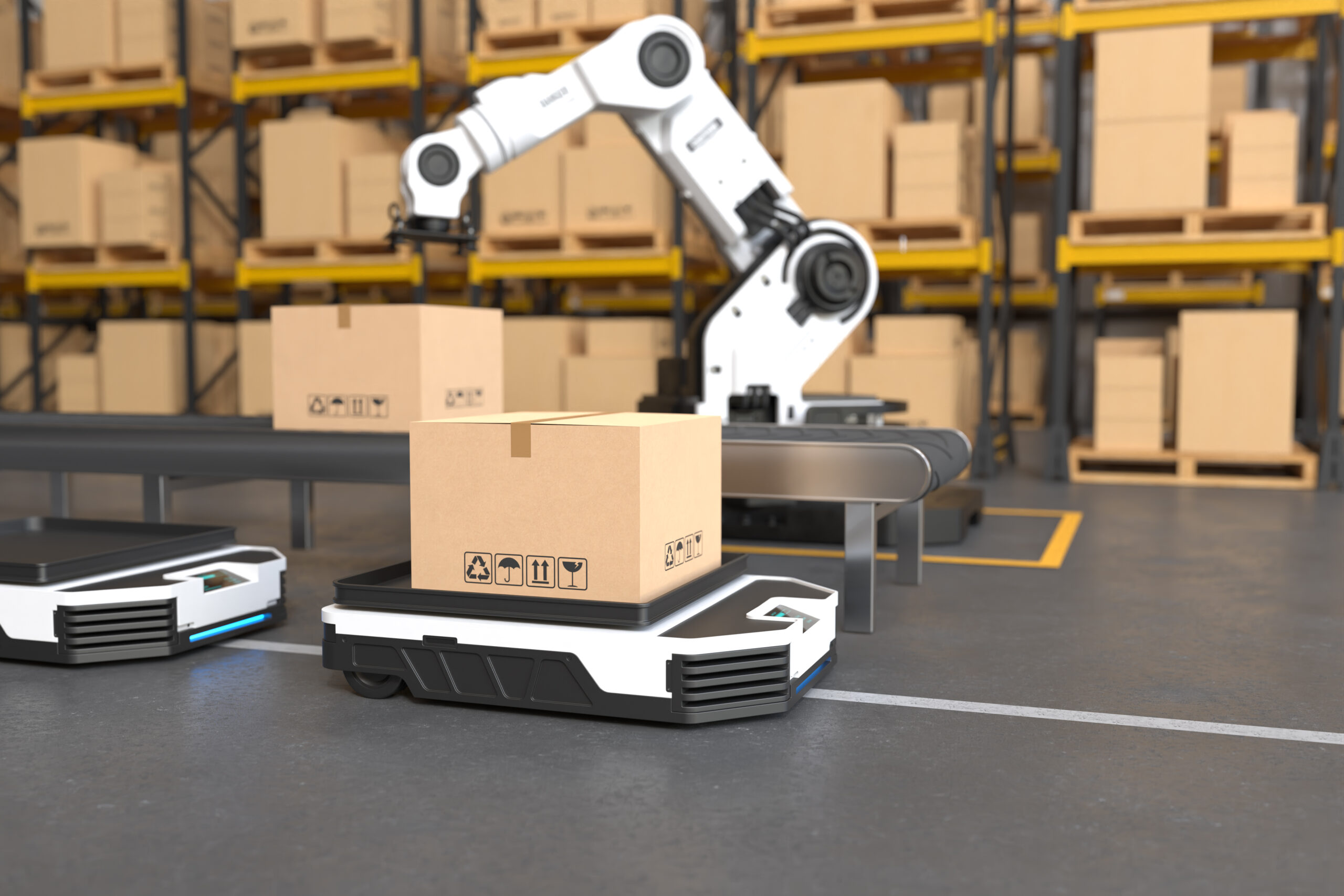In today’s rapidly changing world, the concepts of logistics and technology are converging, indicating that the sector is stepping into a new era.
Digitization: Reshaping Logistics Operations in the New Era
Digitization in the logistics sector is reshaping the foundation of operations. Traditional transportation methods are giving way to digital platforms. Customers can now place orders online, and inventory management can be handled through smart systems. This enables a more efficient and productive logistics process.

The Role of Logistics and Technology in Smart Technologies: Speed and Efficiency
Speed and efficiency highlight the role of smart technologies in the sector. Smart tracking systems and optimization algorithms make transportation routes more efficient, resulting in both fuel savings and reduced environmental impact. Smart warehouse management ensures more accurate inventory tracking, while timely product deliveries enhance customer satisfaction.
Logistics and Technology: The Future of Transportation – Autonomous Vehicles and Drones
In the future, the collaboration between these two concepts will shape our lives. Autonomous vehicles and unmanned drones are defining the future of transportation. Through these technologies, transportation processes can be executed faster, safer, and with fewer errors. Drones, especially, will make deliveries in rural areas more accessible.

Data Security and the Human Factor
Transactions carried out on online platforms require the protection of personal and commercial data. Additionally, the technological transformation must not overlook the human factor. People will still remain at the center of the process, with technology supporting them.
Logistics and Technology: A Sustainable Future – Eco-Friendly Logistics Approaches
One of the most significant contributions of digitization and technology to the logistics sector is sustainability. Smart routing minimizes fuel consumption and reduces carbon emissions. This paves the way for an environmentally friendly approach to transportation.
In conclusion, logistics and technology have become inseparable elements. Digitization and the future of transportation are forces driving change in this field. This transformation in the logistics sector enables a faster, more efficient, and more sustainable future. Therefore, it is crucial for logistics companies to closely monitor and integrate technological advancements into their processes to gain a competitive advantage. Through these collaborations, transportation in the future will take place in a smarter, more effective, and environmentally conscious manner.




